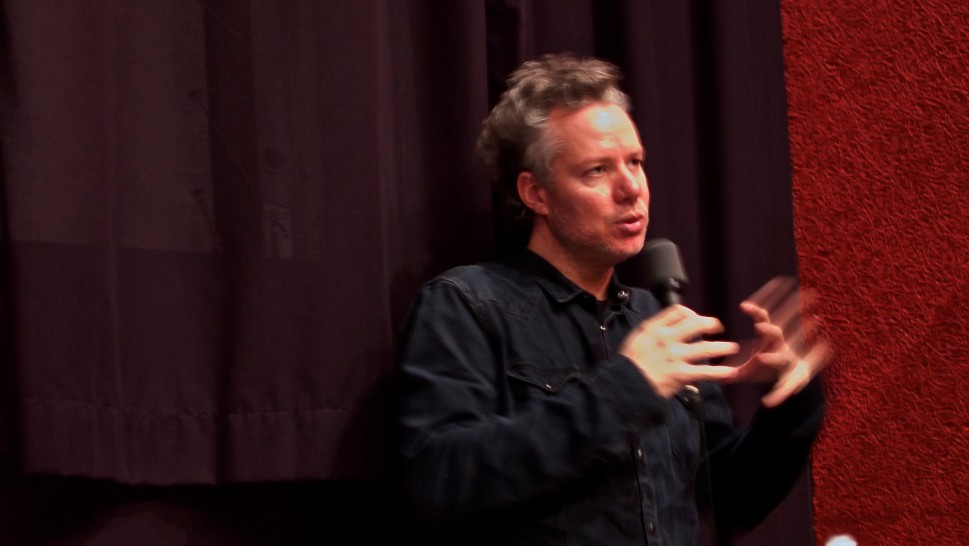
Federico Veiroj, Epiphany and Ellipsis
The most fruitful branches of narrative cinema are those with roots in the nourishing soil of the everyday. Although Hollywood seems to have forgotten this, contemporary Latin American cinema certainly has not. A film-programmer-turned-director, Federico Veiroj (born in Montevideo, Uruguay in 1976) is one of a cohort whose work renews the possibilities for, and varieties of, realism in filmmaking today, alongside Lisandro Alonso’s enigmatic and uncanny slices-of-life, Nicolás Pereda’s absurdist neorealism, and the variations in magic realism from Martín Rejtman and Lucrecia Martel.
Veiroj’s films fit somewhere alongside Fernando Eimbcke’s coming-of-age novellas, on the one hand, and, on the other, Matias Piñeiro’s poetic tales of love and art. Each of Veiroj’s three feature films to date tell apparently simple stories about men, from adolescence to middle age, trying to find their place in the world. But each film introduces ripples that disturb their seeming straightforwardness, in the form of unresolved tensions, mysterious narrative gaps, or ambiguities that may indicate shifts to fantasy. If he seems drawn to stories that usually lead toward a climactic epiphany, as in the films of Eric Rohmer, Veiroj typically complicates the forward motion by raising questions about the social context his protagonists inhabit and how, why and whether they can accommodate it.
At the same time, these films exhibit a great tenderness towards their characters and a belief that cinema’s reflections of the world can provide solace and meaning even in the face of commodification and hypocrisy. – David Pendleton





